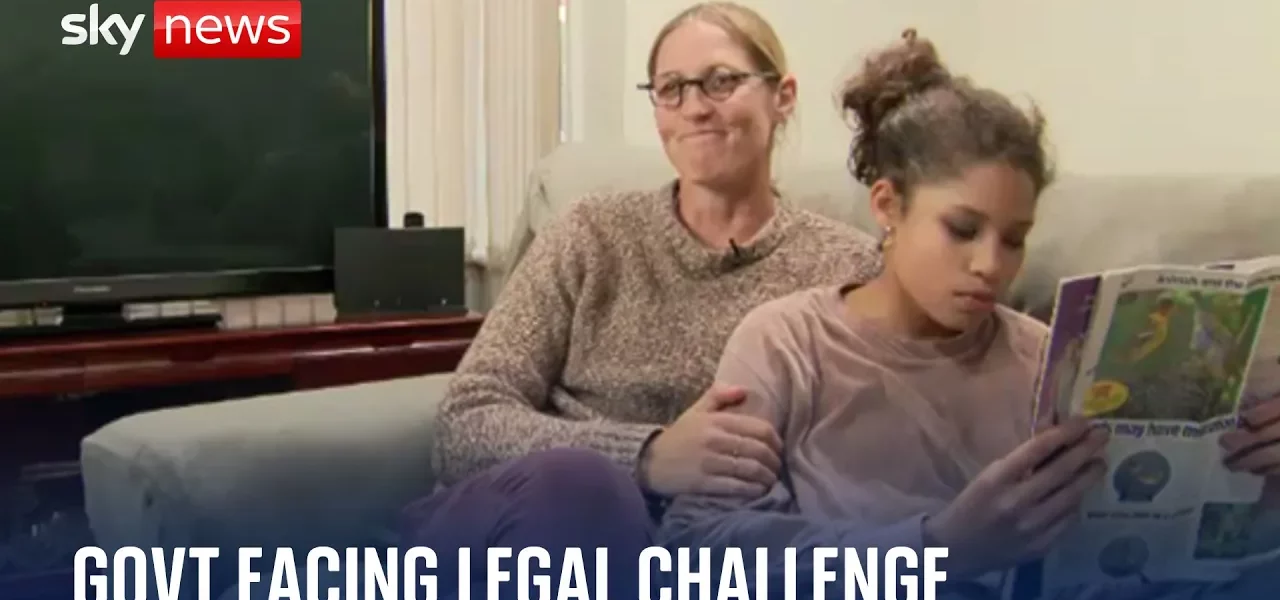The Sound of Happy Children Will Only Be Heard Here for a Few More Weeks

As St Joseph’s private school in Stoke prepares to close its doors permanently in December due to rising costs from government policies, the impact on students, especially those with special educational needs, is profound. This article delves into the implications of this closure and the new VAT on private school fees.
Introduction
The recent announcement of St Joseph’s private school in Stoke closing has sent ripples through the community. With the government introducing a 20% VAT on private school fees, the number of enrolled students has drastically fallen from 80 to just 32. Families are grappling with the financial burden, leaving many children, particularly those with special educational needs, at risk of losing essential support. This article explores the ramifications of these changes and the broader implications for educational equity and access in the UK.
The Impact of VAT on Private School Fees
The introduction of a 20% VAT on private school fees is a significant financial strain for families already facing economic challenges. This policy is designed to raise funds for the state sector, but the immediate consequences have been detrimental for private institutions like St Joseph’s.
Declining Enrollment Numbers
As parents reconsider their options, enrollment numbers have dropped sharply. The transition from 80 students to just 32 is indicative of the financial strain imposed by the new tax. Families are now forced to weigh the benefits of private education against the skyrocketing costs.
Financial Strain on Families
- Increased fees leading to difficult financial decisions.
- Many families are unable to afford the new fee structures.
- Possible reliance on state schools, which may not meet specific needs.
Challenges for Children with Special Educational Needs
The closure of St Joseph’s is particularly alarming for families of children with special educational needs (SEN). These children often require tailored support that is frequently unavailable in the state sector.
Limited Support in State Schools
Children like Addison, who has autism, have thrived in small class environments that cater specifically to their needs. The transition back to state schools can be detrimental, as public schools often lack the resources to provide individualized support.
Case Study: Addison’s Experience
Before attending St Joseph’s, Addison struggled significantly in the state system, facing sensory overload in larger classes. The one-on-one attention and tailored curriculum at the private school allowed her to progress and thrive.
Legal Actions and Advocacy
In response to the mounting challenges, some parents, like Alexis, are pursuing legal action against the government. They argue that the swift implementation of this policy has not taken into account the unique needs of vulnerable children.
The Broader Implications of the Policy
The government claims that the additional funds raised from the VAT on private school fees will be allocated to the state education system. However, many argue that the immediate impact on vulnerable children and their families outweighs any potential benefits.
Equity in Education
Equitable access to education remains a significant issue. With many families unable to afford private school fees, the reliance on an already struggling state system poses a critical challenge for children who need specialized support.
Public Sentiment and Concerns
- Parents express frustration over the lack of options for special needs education.
- Concerns about the quality of education in the state system for vulnerable children.
- Calls for more resources and funding to support all students effectively.
Conclusion
The impending closure of St Joseph’s private school highlights the urgent need for a reevaluation of educational policies concerning private institutions and special educational needs. As families navigate these challenges, it is crucial for policymakers to consider the long-term effects of such decisions on vulnerable populations. Advocating for better support systems and equitable funding for all schools is essential to ensure that every child, regardless of their background or needs, can receive a quality education. If you or someone you know is affected by these changes, consider reaching out to local educational advocates to voice your concerns and seek support.
“`




